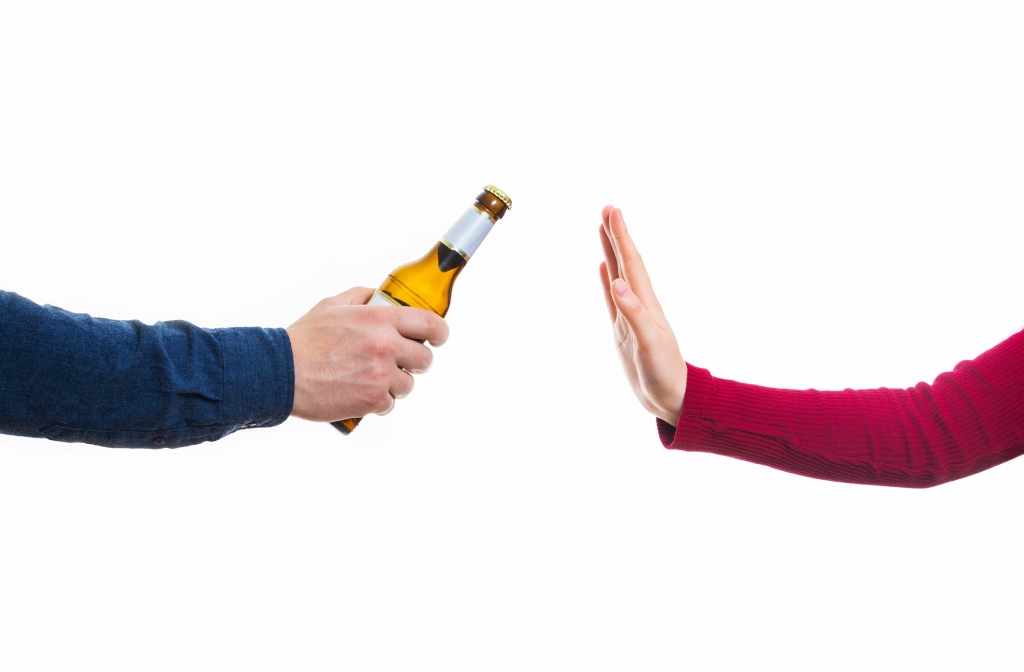Sober living
Alcohol and Sleep Does Drinking Help or Hurt at Bedtime?
Content
However, when you throw too many drinks into the mix, the muscle can relax and stay open for too long, causing stomach acid to come back up, which results in a burning feeling. Unfortunately, caffeine can have a similar effect, so if eliminating alcohol doesn’t decrease your heartburn, you may want to cut back on that too. Dr. Andrew Huberman explains how to properly time early morning and late day light exposures to optimize your circadian rhythm. In this clip he also gives valuable tips to optimizing your light exposure in the morning if you live somewhere where there is little sun. Fiber-rich foods such as oatmeal may help stabilize blood sugar levels and have been shown to help with fatigue that can occur after a night out.
- Sleep apnea is a disorder characterized by abnormal breathing and temporary loss of breath during sleep.
- Rundell et al. reported a decrease in REM sleep on the first drinking night in their study, but values on the second and third drinking nights were not different to baseline.
- After a few hours of sleep, alcohol can cause you to wake up and have a difficult time going back to sleep.
- Alcohol interrupts this process, causing abnormalities in how circadian hormones are released.
How alcohol affects your sleep isn’t a single, straightforward thing, because there are several ways that alcohol consumption influences the quality of sleep you get. The initial effects of alcohol may make it seem like that nightcap was a good idea. Alcohol increases the amount of adenosine, abrain chemicalresponsible for drowsiness, in your brain, allowing you to fall asleep faster. Increase https://ecosoberhouse.com/ a person’s risk for sleep apnea — so those with sleep apnea should pay special attention to their drinking habits before bedtime to make sure they’re setting themselves up for the best sleep possible. Of course, good drinking and sleeping habits alone won’t be successful in treating sleep apnea symptoms as the disorder is a serious medical condition that requires proper treatment.
For Better Sleep, Set a Cutoff Time for Alcohol
That is why alcohol detox and alcohol withdrawal treatment is administered by medical professionals. Having a drink before bed may seem like a way to relax and unwind. However, alcohol is actually detrimental to getting a good night’s rest. Bathroom breaks at night – apart from being a sedative, alcohol is also a diuretic, that is a substance that promotes increased production of urine.
- There’s a chance you’ll physically act out your dreams in your sleep, or evensleepwalk.
- As a general rule, stick to having a drink with a gap of at least 4-5 hours before bedtime – as it takes one hour to metabolize a full glass of alcohol.
- According to the National Sleep Foundation, “the consumption of alcohol—especially in excess—has been linked to poor sleep quality and duration.”
- For most people, alcohol induces a deeper-than-usual sleep in the first half of the night, followed by disrupted sleep in the second half of the night.
Women also reported higher ratings of sleepiness after consuming alcohol than did men. No sex differences in the effects of alcohol on sleep were seen in the group of older adolescents studied by Chan et al. (Chan et al. 2013). In a study of 42 recovering alcoholics alcohol and sleep and 42 controls , we found that women had a better sleep efficiency and more delta activity during NREM sleep than men, regardless of diagnosis . Further, estimated lifetime alcohol consumption predicted percentage of SWS in alcoholic men but not alcoholic women .
Alcohol & Sleep: Dependent on Alcohol to Sleep
Roughly 35% to 70% of people who suffer from alcohol use disorder — a medical diagnosis for varying degrees of alcohol problems or dependence — report having insomnia or trouble sleeping. Multiple studies have shown taking a warm bath or shower around 90 minutes before bed increases and improves deep sleep. There is often an increase in deep sleep in the first half of the night, but people experience disruptions in the latter half. Alcohol makes you fall asleep faster, which some people think is a benefit.

If alcohol has been your go-to sleep aid for a while, it may be time to try something new, especially if you often feel ill-rested. To develop the best sleep treatment plan, we first need to uncover the cause of your poor sleep. Obstructive sleep apnea can cause people to have issues with certain drugs or after major surgery because they’re more likely to have breathing problems . Your doctor may also order other tests to look for medical conditions that may cause your sleep apnea. Blood tests can check your hormone levels and rule out endocrine disorders that may lead to your sleep disorder.